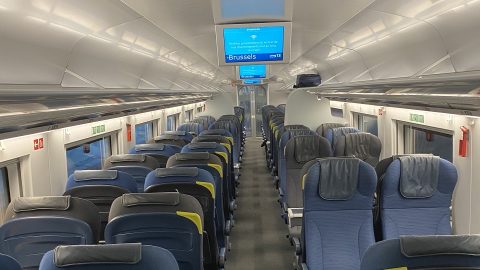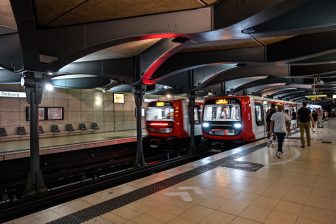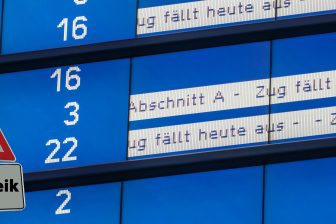
‘Night trains are hindered by high track access charges’
COLUMN – The economic viability of night trains will be insecure if no action is taken on the track access charges. The struggle of Eurostar to keep its head above water showed that high track access charges can get in the way of keeping trains running, writes Arriën Kruyt, Member of the Management Board of the European Passengers Federation, in his first monthly column for RailTech.
Want to read more?
You have read all of your free premium articles for this month. Please become a subscriber to keep reading.
Subscribe now!
Take advantage of our exclusive offer to get full access to all premium content.




I would add that if the railways went into contractual mode in the 1990s, it was because the States no longer wanted to pay the deficit of foreign trains and had to contain the deficit of national trains with regard to their public finances (Maastricht criteria). International traffic has never been considered an essential service because it is not used to go to work or school, but rather as leisure traffic. That is why these trains are considered as “commercial”.
@Frédéric: “International traffic has never been considered an essential service because it is not used to go to work or school, but rather as leisure traffic. That is why these trains are considered as “commercial”.”
That was the initial choice of many governments in the 1990s but in the mean time that has changed in many places, at least for many regional international services, not in the least because these services ARE used to go to work or school.